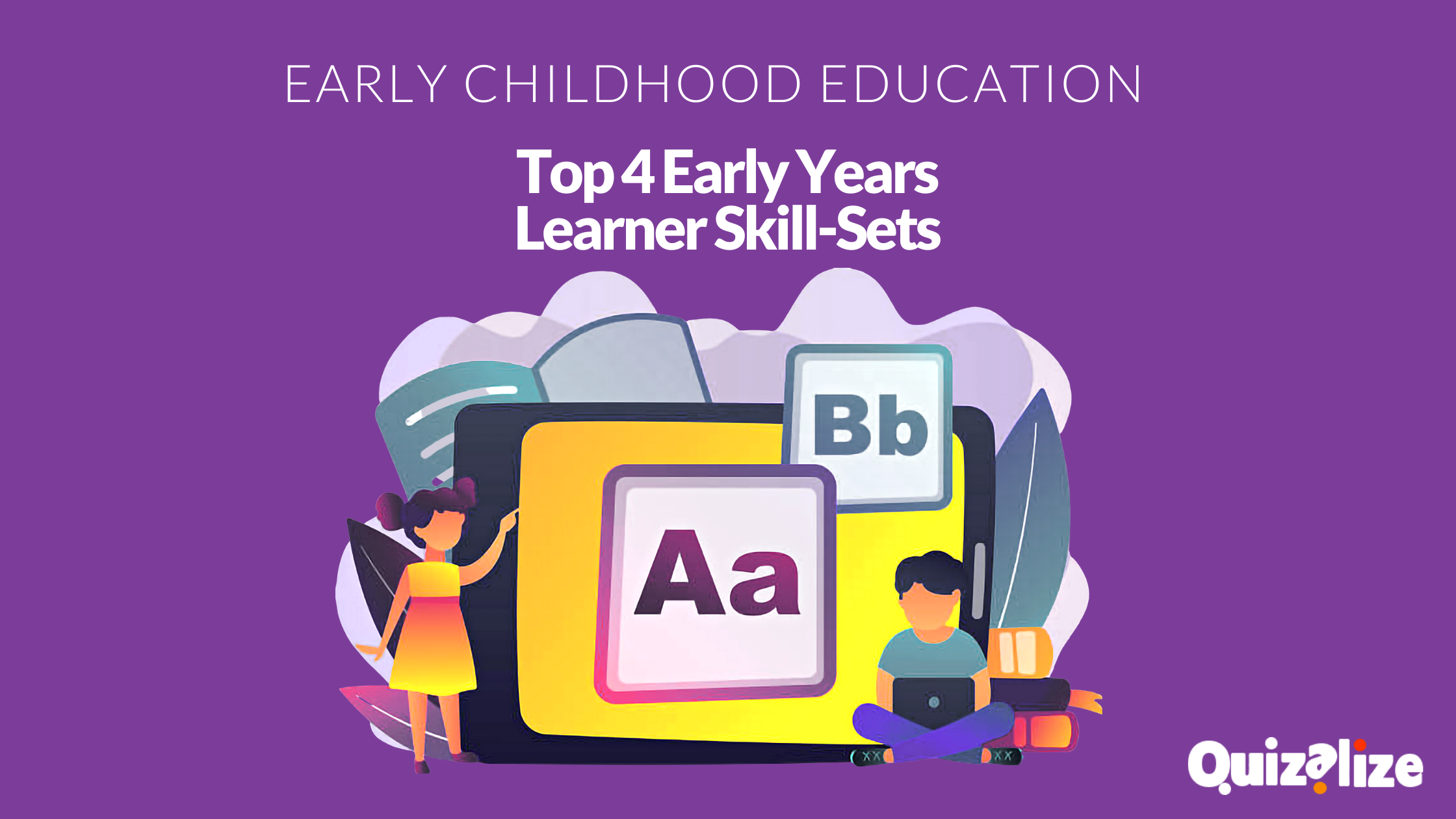Early Years Learning is defined as young learners from birth until five years of age. This tender age-range has a unique set of characteristics, needs and goals for their ongoing learning and development.
While babies grow to toddlers, and toddlers develop into young children, the focus of learning for this age group encompasses a wide spectrum of skills. There are four main areas of development that these early years learners need to master during their first five years of life; read on to learn more about these key four skill-sets and how parents and teachers can assist in their optimum development:
1. Motor skills:
Motor skills – sometimes referred to as physical development – in the foundation for all subsequent learning. The healthy growth of a child’s bones and muscles results in the physical capacity to begin to move their head and neck, hands and feet, exploring the physical world through touch.
Clasping rattles and shaking them, rewarded by the sounds, and playing with their own fingers and toes all begin the journey towards having fully developed fine and gross motor skills, setting the stage for effective and abundant learning in later years.
2. Communication and language skills:
The ability to produce speech and process speech sounds enables early years learners to better understand the world around them. From their parents, their wider families, their pre-school teachers and their new friends: communicative competence are building blocks for a child’s development.
There is research suggesting that communicative competence at an early years level has the highest correlation to positive outcomes at school. It is therefore incredibly important that young learners are supported through this developmental process.
Development in this area begins when babies observe human faces – usually their mother or primary caregiver – and learn to ‘read’ their emotions. As toddlers develop speech and language skills it is important to nurture early years learners to be able to recognise variants such as tone of voice, intonation and facial expressions. As these learners start to learn in a more structured setting such as pre-school teachers may use techniques such as modelling and scaling to ensure the student’s understanding. At home, parents and caregivers can read books with their child and learn and recite nursery rhymes. These activities extend beyond being an enjoyable activity for parents and children to share – they are critical to future development.
3. Cognitive development:
Cognitive development refers to an early learner’s capacity for problem solving, their language acquisition and understanding the relationships between objects and relations and cause and effect.
These skills are important as they set the stage for future learning. Cognitive skills can be encouraged through play, the primary way in which babies and toddlers learn. Playing encourages young learners to look, listen, touch, taste, explore, experiment and talk. All of these skills are developed naturally though playing, an enjoyable activity!
4. Social and emotional learning:
Social and emotional learning (SEL) is highly important as it helps early years learners to better understand and manage their emotions, show and feel empathy towards others, make responsible decisions and establish healthy relationships.
Strong SEL skills result in children, and subsequently adults, that are able to establish healthy interpersonal relationships and make informed and safe lifestyle choices. Furthermore SEL competence has been linked to improved academic achievements also, illustrating the significance of this early-developed skill.
When early years learners reach five years of age they have already accomplished so much! The love and attention of their parents, caregivers and pre-school teachers sets these children up for the best academic success possible as they start mainstream schools around this age.
Quizalize is a K-12 quiz platform with over one million pieces of curriculum-tagged content available for teachers, parents and students to access for free. Quizalize enables fun and engaging formative assessments that captures rich, real-time smart-data that educators can use to inform and execute personalised learning for every student.
You can get started with Quizalize for FREE and start using – or creating your own – formative assessment quizzes today. Deliver education to K-12 students in a way that they enjoy and want to engage with, and build on those foundation blocks they worked so hard to develop since they were early years learners.
